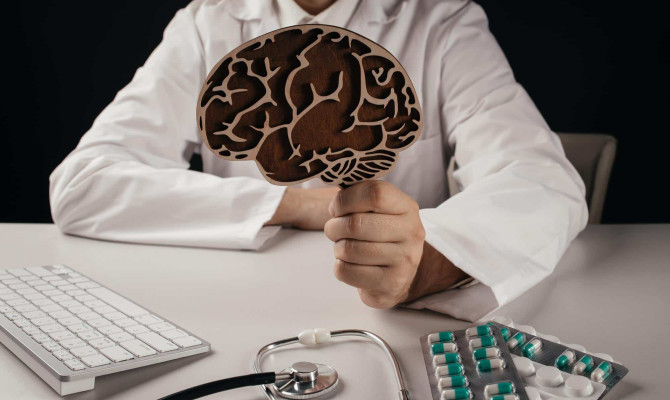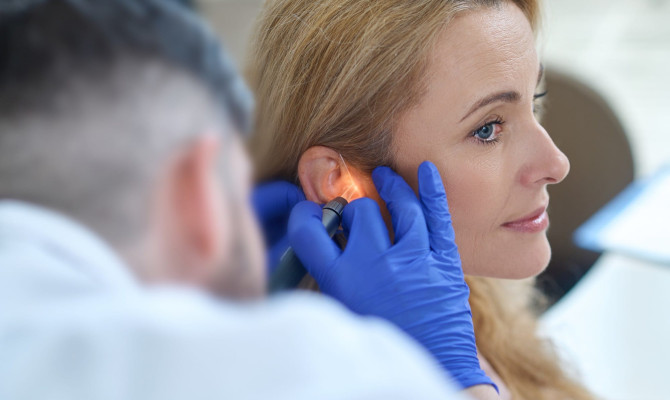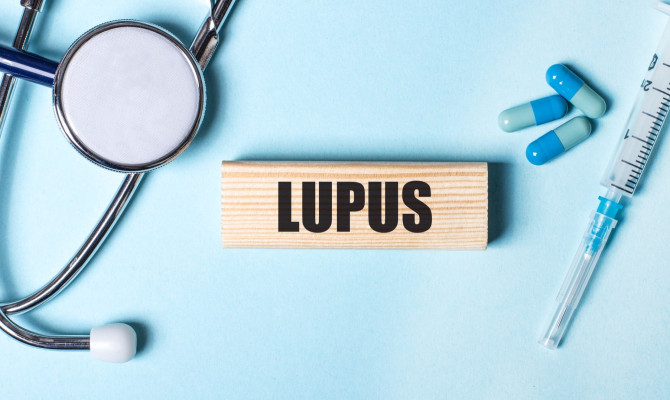Food Poisoning: Reasons, Symptoms, and Management

- Food Poisoning
- 16 Aug 2023
Overview
What is food poisoning?
Food poisoning is a sickness caused by eating unclean or poisonous food. It is not usually severe, and people get better with time. Occasionally, food poisoning might cause rigorous illness and complications.1Overview | Researched based study from Sciencedirect.com

Facts
Facts of food poisoning
- Food poisoning never goes unnoticed
- The symptoms of food poisoning are based on the infection source
- Most food poisoning cases get resolved in around seven days with or without medication
- Food poisoning is the chief reason for gastroenteritis(swelling and redness of the intestine and stomach lining)1Facts | Researched based study from Sciencedirect.com
Causes
What are the causes of food poisoning ?
The chief reason for food poisoning is contamination or spoiling of food by germs as they can be found in almost all food items. Microbes or other substances that may pollute the food are as follows, such as
- Virus
- Bacteria
- Fungus
- Parasite
- Chemicals
- Toxins (Poison produced by bacteria, molds) 2Causes | Researched based study from Sciencedirect.com
Some other reasons include the following
- Eating half-cooked or raw food
- Sick people cooking food that doesn’t wash their hands before cooking
- Consuming contaminated dairy products and egg
Bacteria responsible for food poisoning are as follows
Salmonella
- Salmonella food poisoning occurs from half-cooked or raw food
- Salmonella can be found in pork, beef, vegetables, and processed food
- Salmonella remains the prime cause of food poisoning in the United States.
Campylobacter (dangerous bacteria)
- Food poisoning occurs from half-cooked meat, egg, poultry, and unprocessed milk and water
- It causes gastrointestinal discomfort that remains for weeks
- It causes bloody diarrhea
E.coli
- Found in raw vegetables and half-cooked food
- E.coli shiga toxin( biological poison) causes intestinal pain and diarrhea in humans.
Shigella
- Found in raw vegetables, mayonnaise salads, shellfish
- It causes diarrhea with blood
Staphylococcus aureus
- It is often transferred through handling food items with contaminated hands.
- Often found in dairy products, sandwiches, cream cakes, milk, and poultry
- It causes diarrhea and vomiting
Listeria
- Found in raw sprouts, meat, soft cheese
- It causes listeriosis (food-borne infection)
- It is dangerous for a pregnant woman
Virus causing food poisoning are as follows
Novovirus
- Food poisoning occurs by consuming half-cooked leafy vegetables, fruits, and shellfish.
- It causes stomach flu with diarrhea and vomiting
Hepatitis A virus
- It spread through shellfish and stool-contaminated water
- It causes diarrhea, vomiting, and appetite loss
Other parasites causing food poisoning are as follows
- Toxoplasma gondii
- Cryptosporidium
- Trichinella
- Giardia Lamblia
- Toxoplasma gondii food poisoning is the chief cause of death in the United States 3Causes | Researched based study from Sciencedirect.com
Symptoms
Symptoms of food poisoning
Common symptoms
- Diarrhea
- Nausea and vomiting
- Headache
- Mild fever
- Stomach pain
- Body weakness
- Appetite loss
Symptoms of severe food poisoning
- Diarrhea continues for more than three days
- High fever (102 degrees Fahrenheit)
- Numbness of the skin
- Sore throat and difficulty in swallowing
- Difficulty in speaking
- Change in voice
- Blurred vision
- Difficulty in limb movement
- Dry mouth
- Blood in stool or urine
- Little or no urination
- Lightheadedness4Symptoms | Researched based study from Sciencedirect.com
Vulnerability
Who is vulnerable to food poisoning ?
- Pregnant woman
- People with weakened immunity(Autoimmune disease)
- Aged people (above 65 years)
- Infants and children
- People on immunosuppressant medication
The immunosuppressant medication suppresses the immune response and hence makes it more prone to any infection, including food poisoning 5Vulnerability | Researched based study from Cdc.gov .
Complications
Complications of food poisoning
Common complication
- Severe dehydration(occurs due to heavy fluid loss from the body)
Rare complication
- Miscarriage and stillbirth ( caused by listeria infection during pregnancy)
- Meningitis( swelling of the protective membrane around the brain)
- Sepsis(body’s extreme response to infection)
- Arthritis (pain and swelling of the joints)
- Kidney damage Irritable bowel syndrome(disease of the intestine)
- Guillain Bare syndrome( a condition in which the immune system mistakenly attacks the nervous system)
- Bacteria in the bloodstream (causes disease and also spread to other body parts)
- Blood clots in the kidneys (E.coli causes blood clots and obstructs the kidney’s filtering ability)6Complications | Researched based study from Nlm.nih.gov
Management
Management of food poisoning
Staying hydrated
- Drinking coconut water, fruit juice, and electrolyte drinks may help relieve excessive tiredness and replenish the carbohydrate in the body.7Management | Researched based study from Nlm.nih.gov
- Drinking herbal tea such as chamomile and dandelion helps relieve stomach discomfort.
Take enough rest
- Taking adequate is essential to recover from the infection and dehydration.
Medicines
- Azithromycin-It is an antibiotic used against campylobacter
- Nitazoxanide-It is used for diarrhea caused by protozoa cryptosporidium
- Albendazole-It is an antiparasitic medication and is used against beef tapeworm, pork tapeworm, liver fluke, lung fluke
- Biltricide-It is an antiparasitic medication against fish tapeworm
- Mebendazole-It is an antiparasitic drug used to treat worm infection
- Tinidazole-It is an antibiotic and antiparasitic drug used to treat Giardia lamblia(parasitic microorganism) infection.
- Ampicillin-It is an antibiotic for treating Listeria monocytogenes (rod-shaped bacterium) infection.
- Ciprofloxacin-It is an antibiotic used to treat Shigella bacterial infection
- Over-the-counter medication -Pepto-Bismol and Imodium help treat diarrhea and repress nausea and vomiting.7Management | Researched based study from Nlm.nih.gov
- However, consulting a physician before taking any over-the-counter medication is always advisable.
Antitoxin
- Doctors may prescribe antitoxin for C.botulinum bacterial infection
- Antitoxin is a specific antibody used to deactivate particular toxins and also destroy bacteria and other microbes
Treatment in severe cases
Intravenous fluid therapy
- Intravenous therapy injects fluid, nutrients, and medication into a person’s vein.
- It is given to fast relieve the symptoms of food poisoning
Mechanical ventilation
- Mechanical ventilation is an instrument to help with breathing
- It is advised in severe cases of C.botulinum food poisoning 7Management | Researched based study from Nlm.nih.gov
Diet

Diet during food poisoning
One should consume the following solid bland foods which are easy to digest until diarrhea subsides, such as
- Rice
- Oatmeal
- Saltine crackers
- Boiled vegetables
- Boiled potatoes
- Chicken soup
- Fruit juices
- Electrolyte drinks
Foods to avoid during the food poisoning period
- Fried food
- Fatty food
- Spicy food
- High sugar food
- Caffeine drinks
- Processed food
- Cheese products
- Milk
Prevention
Prevention of food poisoning
- Regularly washing hands before handling food items and eating
- Ensure eating full-cooked meat and eggs
- Proper washing of vegetables and fruits after bringing them from the market
- Thorough washing of the utensils, plates, and other items in the kitchen
- Ensure proper storage of food items in air-tight containers
- Cleaning the interior of the refrigeration every month to avoid food contamination
- Discard the bakery items with molds
- Discard the food that is not stored properly 8Prevention | Researched based study from Nlm.nih.gov
Takeaway
Key Takeaways
- Food poisoning is common among people of all ages
- Most food poisoning cases recover within a few days
- Food poisoning is rarely severe and fatal
- It is always advisable to consult a physician in case of severe food poisoning symptoms.
Any feedback on this article?
 This Articles content was accurate
This Articles content was accurate Very Informative Article
Very Informative Article I have a question or a comment
I have a question or a comment
 This article contains inaccurate content
This article contains inaccurate content This article was not helpful
This article was not helpful I have a question or a comment
I have a question or a comment
We appreciate your helpful feedback!
Checkout our social pages
References
-
Science Direct
Food borne diseases | Overview | Facts
-
Science Direct
Epidemiology, Cost, and Risk Analysis of Foodborne Disease | Causes
-
Science Direct
Salmonella: Food poisoning; enteric fever | Causes
-
Science Direct
Food Poisoning | Symptoms
-
Centers for Disease Control and Prevention
People With a Higher Risk of Food Poisoning | Vulnerability
-
National Library of Medicine
Complications of food poisoning and salmonellosis | Complications
-
National Library of Medicine
Clinical approach and management of food poisoning | Management
-
National Library of Medicine
Prevention of food poisoning






































